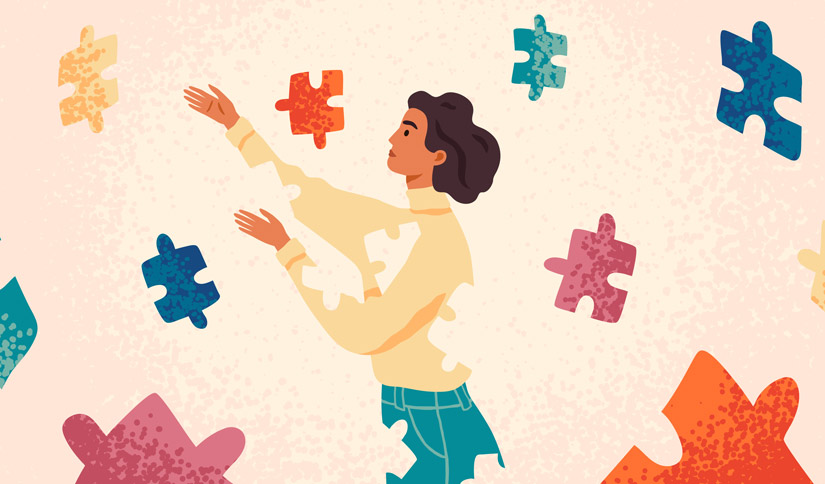For many people who have experienced hurtful relationships—including relationships that have led to trauma that might underlie a substance use disorder—going back and re-experiencing those relationships probably sounds like a terrible idea. These negative experiences were bad enough the first time. What could possibly be productive about revisiting them?
Revisiting Through Experiential Therapy
The answer, it turns out, is that revisiting relationships and the experiences that were part of them can be quite productive—if the revisiting is done as part of experiential therapy.
Experiential Therapy: What Is It?
At the heart of experiential therapy is the reenactment and re-experiencing of situations from past relationships that have carried significant emotional weight. The process of recreating these situations is not merely an internal one; instead, experiential therapy may involve a wide array of expressive activities ranging from role play to guided imagery as well as a variety of tools including props or arts and crafts projects. The options available for exploring past relationships and experiences are ample and varied.
The idea is fairly simple: the re-creation or reimagining of past experiences is intended to help you identify the emotions that were part of those experiences. You’ll begin to understand which emotions you associate with various situations and conditions.
What experiences, for example, do you connect with disappointment? With success? With self-esteem? As you gain clarity, you will have the opportunity to explore—and release—negative emotions related to past experiences. If you have felt shame or anger or hurt, for example, those emotions may be affecting your ability to move forward with your life. Worse, they may have become so distressing that you have turned to drugs or alcohol to try to alleviate them.
Experiential therapy, then, is intended to provide a way to address those emotions that is healthier, more effective, and less likely to undermine your sobriety.
Not a One-Size-Fits-All Approach
You may have gathered by now that experiential therapy is not a rigid approach that always follows the same path toward improvement. The expressive portions of the therapy are personalized for any given individual. You and your therapist may explore a number of different ways to help you gain a more complete understanding of your emotions, what triggers them, and how to best manage their lingering effects. Talk therapy will likely help guide the process as well.
But while the details of the therapy itself may vary, the goals remain consistent. The fundamental goal is self-awareness—understanding how your emotions, thoughts, creativity, and interactions can shape your experiences both in the moment and as you think back on them later. This better understanding can help you let go of negativity while also helping you to navigate new experiences and relationships with more confidence and awareness.
Helpful in Treatment—and in Recovery
We have noted the ways in which negative experiences and emotions can be linked to the development of a substance use disorder. So while we’ve made it clear how experiential therapy can support you during treatment, we also want to note that it can provide a bulwark against relapse after treatment ends.
Having a better understanding of your own emotional processing can help you better handle cravings and triggers as they arise during the early days—and the ongoing days—of your recovery journey.
Experience Bel Aire Recovery Center
If you are struggling with a substance use disorder, we can help. Bel Aire Recovery Center offers detoxification and rehabilitation programs that will help you put substance use behind you and begin the path toward lasting sobriety. We are also well equipped to address co-occurring mental health disorders and to help you come to terms with negative experiences from your past that may be upending your present and your future. Experiential therapy—personalized to your experiences and needs—is among the therapeutic options on offer at Bel Aire Recovery Center. We encourage you to experience the ways in which we can help you reclaim your life.
Source
psychologytoday.com/us/therapy-types/experiential-therapy




